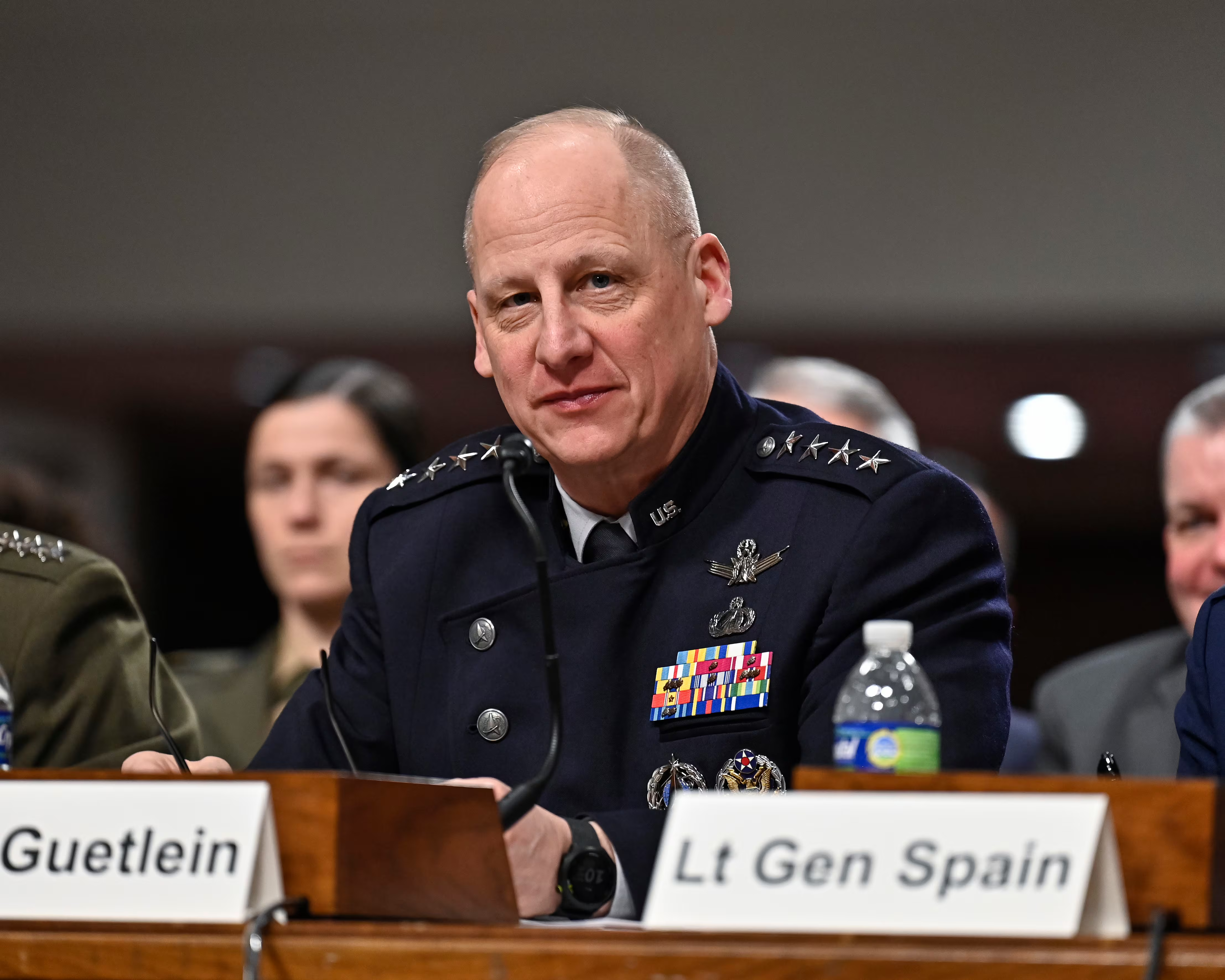LONDON — The British Ministry of Defence has taken the unorthodox route of tapping military officers below the level of the most senior commanders for promotion to top jobs.
The message being put out by Defence Secretary Gavin Williamson is that innovators have been appointed at the expense of more senior officers as Britain looks to modernize its armed forces to better respond to new threats in the domains of cyber and space.
“Forward-looking and keen to modernize the armed forces, these are the transformational leaders we need in these challenging times," Williamson said. "The appointment of a new generation of commanders will ensure that Britain remains ready to face the threats of tomorrow.”
The appointments come as the government prepares to release more information on the results a long-running defense review, known as the Modernising Defence Programme. The review is expected to be released before Christmas. However, the timing could be impacted by a battle in Parliament over Britain’s departure from the European Union.
- The appointments will see Vice Adm. Tony Radakin become an admiral and take over from Adm. Philip Jones as first sea lord and chief of the naval staff.
- Air Marshal Michael Wigston will be promoted to air chief marshal and become chief of the air staff, succeeding Air Chief Marshal Steven Hillier.
- Lt. Gen. Patrick Sanders will be promoted to general and become the commander of Joint Forces Command in succession to Gen. Christopher Deverell.
- Britain will also get a new vice chief of the Defence Staff, with Vice Adm. Tim Fraser promoted to admiral and succeeding Gen. Gordon Messenger.
All of the promoted officers are relatively new to their current appointments. The two most recent are Wigston, who became deputy commander capability in August, and Radakin, who took over as second sea lord in March.
Howard Wheeldon, an analyst and defense expert in the U.K., said the appointments were unexpected.
“While as surprised as anyone else that the defense secretary has seemingly passed over a generation of highly experienced senior officers, it could also be argued that — given that the service chiefs are responsible for running their own budgets and that those promoted are clearly to be considered financially as well as militarily savvy — that these appointments reflect how the military needs to adapt and change,” Wheeldon said.
Alex Ashbourne-Walmsley, of Ashbourne Strategic Consulting, said the appointments reflected a generational shift.
“It’s certainly not what people were expecting. Many people will see these as comparatively unknown officers who have taken a nontraditional path to the top job. For example, it’s very unusual for a second sea lord to make it to first sea lord,” she said.
Wheeldon noted that Wigston’s route to the top Royal Air Force position was rare.
“To move from the assistant chief of the air staff, which he was until July, to chief of the air staff next July is unprecedented in modern times,” he said.
The replacements will take effect next year as the present incumbents reach the end of their terms.
Andrew Chuter is the United Kingdom correspondent for Defense News.








